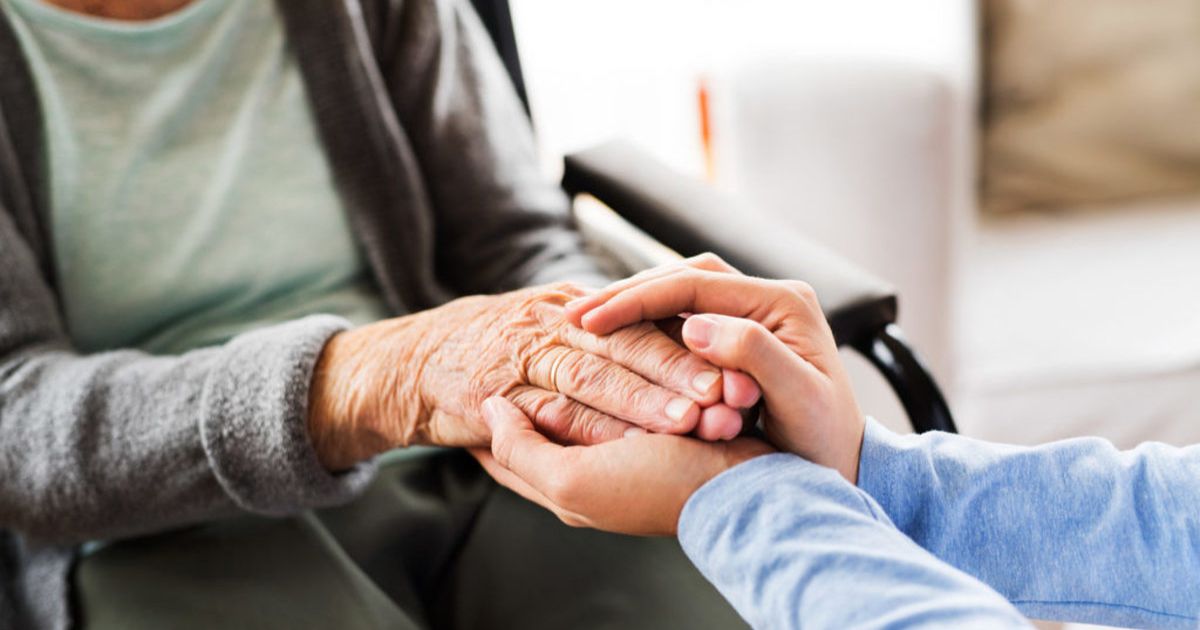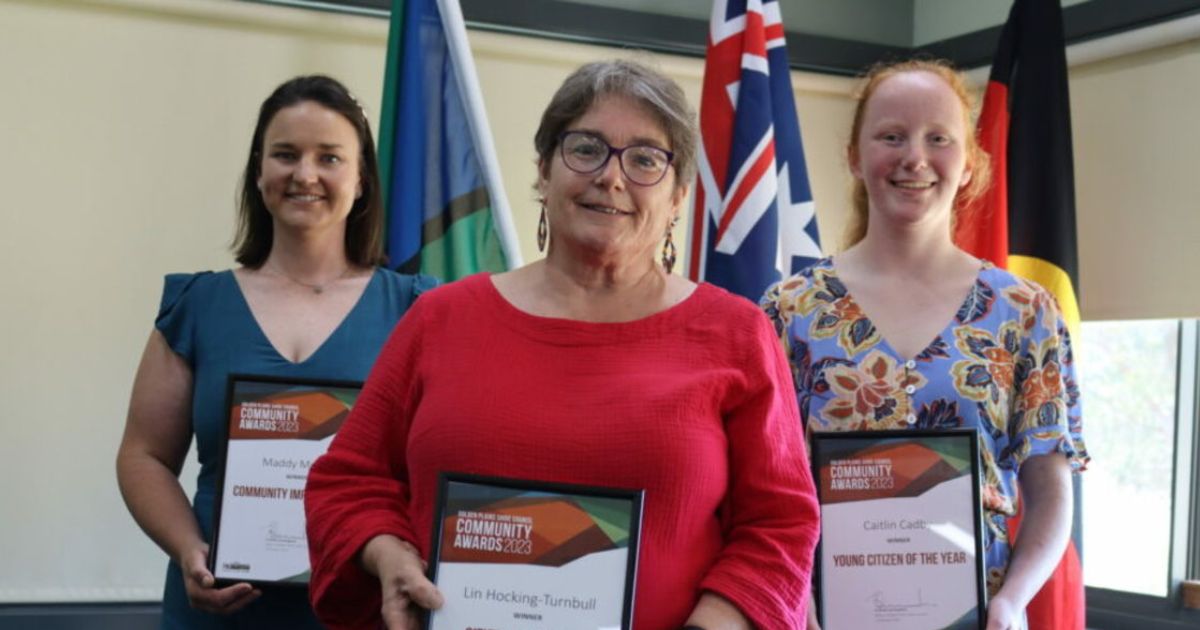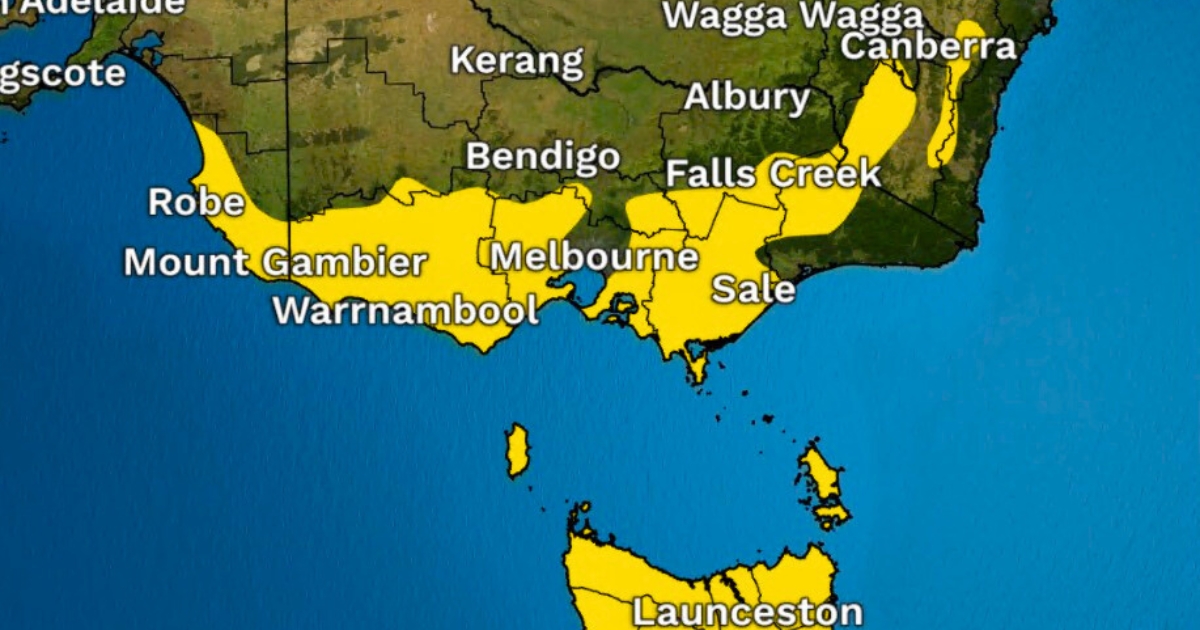What does Anzac Day mean?
ANZAC Day means different things to different people.
It commemorates the landing of Australian soldiers at Gallipoli during WWI, it’s considered by some to symbolise the birth of the Australian identity, and it is synonymous with remembrance and the dawn service.
Eric Duggan, President of the Ballarat branch of the Vietnam Veterans Association said it is a day that sets the bench mark of veteran service.
“When you consider the difficulty the Australian soldier in WWI went through when they had no idea what they were getting into and the casualty rate of WWI as distinct from the casualty rate of every other conflict thereafter its incredible figures,” he said.
“You have to think about what these blokes went through and the way they supported each other, it was mateship all the way through.”
Mr Duggan said the mateship that carried them through on that day so long ago still exists today.
“When we veterans get together, we talk not so much about the war but we talk about the comradeship, we talk about the funny things we did when we weren’t fighting,” he said.
Mr Duggan was in the Royal Australian Air Force when he was posted to Vung Tau in Vietnam for 12 months during 1967-1968.
His grandson Seth is a Year 9 student at Damascus College.
He said Anzac Day is a day to celebrate freedom and the people who fought to keep us safe during unsafe times.
“When I think about my Pa fighting in Vietnam, I feel like it must have been a really scary time for those people,” he said.
“It was really brave of them to do that kind of thing.”
Ballarat RSL member Rae King, 62, served in the Royal Australian Air Force from 1976 to 1981 as a Clerk Supply and reached the rank of Corporal.
She received the Australian Defence Medal for her service.
“For me, Anzac Day is a day of reflection about the freedoms I enjoy,” Ms King said.
“It provides a focus and opportunity to honour the service and sacrifice of all servicemen and women, not just those from WWI.
“I think about family members and people who have given their lives or their health, pausing to reflect is a way of giving back to them.”
On Anzac Day Ms King is proud to wear her one medal on the left and her parents’ medals on the right.
Kiara Porra, 23, a residential sales agent from Ballarat East said Anzac Day represents her love for her great-grandmother.

“I was always involved in Anzac Day as I marched with my Nan every year in Sebastopol,” she said. “I was six years old on my first march.”
Ms Porra said she helped her Nan make biscuits and hand out cups of tea after the march.
Her great-grandmother Joyce Smith served in the RAAF from 1942 to 1945.
She packed the parachutes for the airmen who were being deployed during the War.
Ms Porra proudly said her Nan was also the president of the Sebastopol RSL Ladies Auxiliary for over ten years.
Mrs Smith passed away five years ago and Ms Porra no longer takes part in the march.
“It is a heart-warming day but very sad,” she said.
Coral Rowe, 89 years young, is a Legacy widow.
Mrs Rowe said Anzac Day is a day for remembering her family who went to war.
“I think about my husband John, an Army private who fought in New Guinea in WWII, my brother-in-law was a POW in Germany and a step-brother who was killed in New Guinea,” she said.
“Anzac Day brings it all home to you, its not as if they were in the First World War but they did their bit.”
Mrs Rowe attended the dawn service at the cenotaph in Sturt for many years.
“I think Anzac Day has really come into its own in many ways because when I first started going to the dawn service there were never many there, now it’s a huge crowd,” she said.
“People have become very conscious of the day.”



















